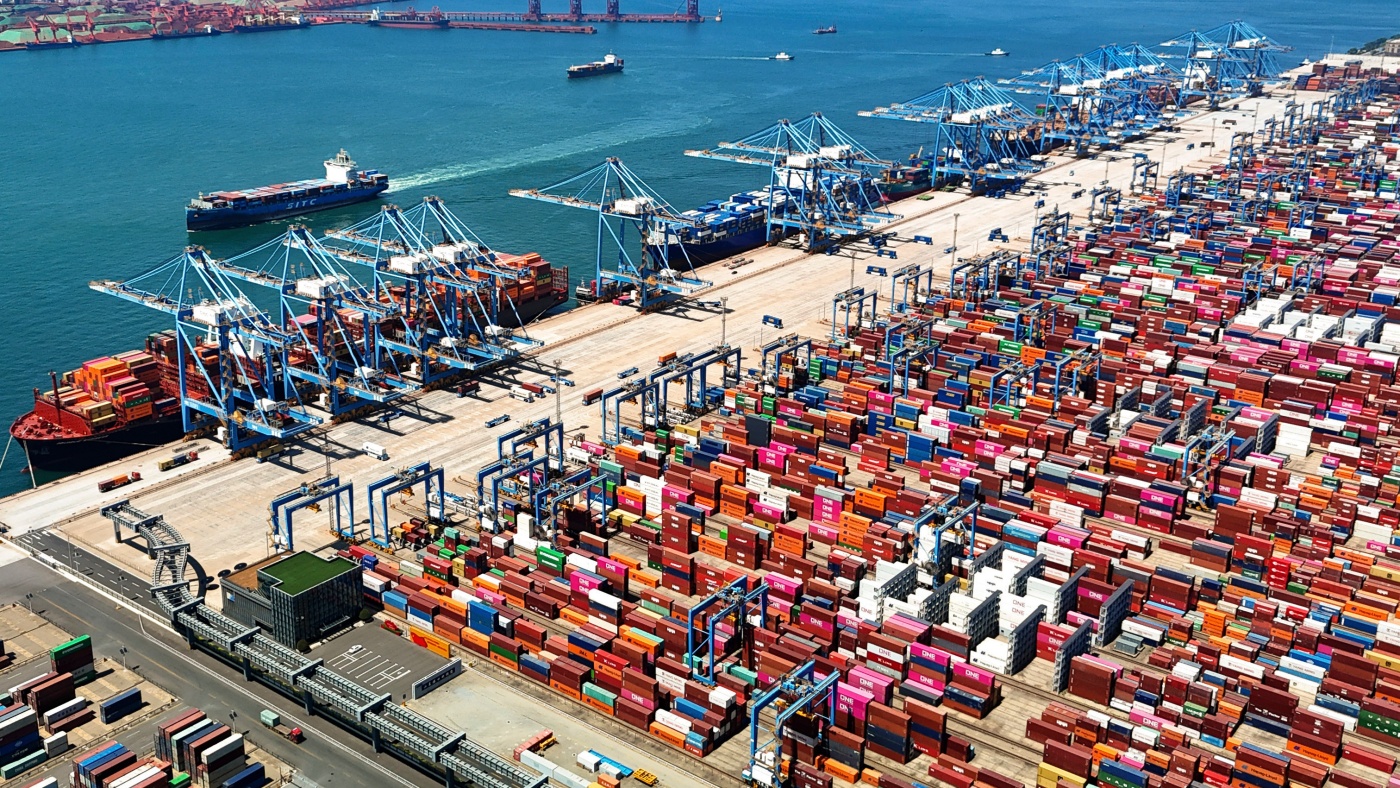Key insights
-
1
China's Economic Resilience
China's firm stance reflects its confidence in economic strength amid trade tensions.
-
2
Impact on Global Supply Chains
Increased tariffs could disrupt supply chains reliant on rare earth materials.
-
3
Negotiation vs. Confrontation
China advocates for dialogue, highlighting the risks of escalating trade wars.
Takeaways
China's refusal to yield to tariff threats underscores the complexities of U.S.-China trade relations, with potential repercussions for global markets and supply chains. The emphasis on negotiation suggests a desire to avoid further escalation, but the situation remains precarious.

